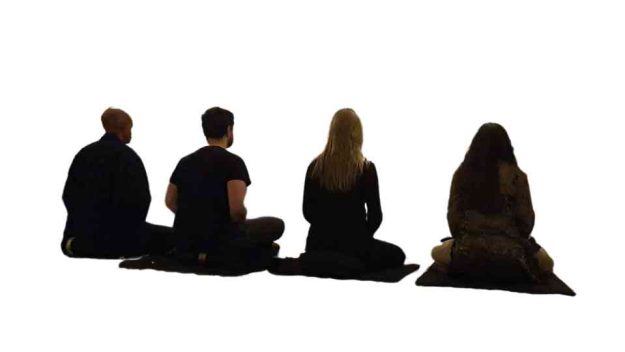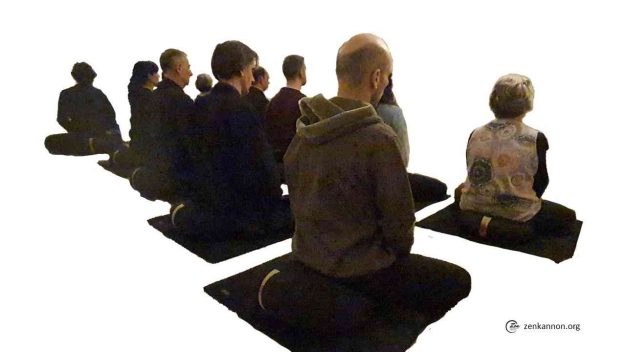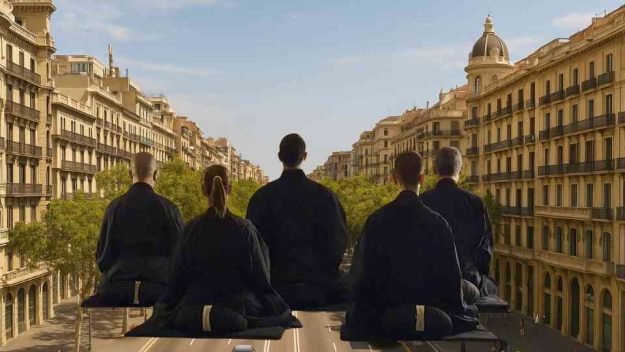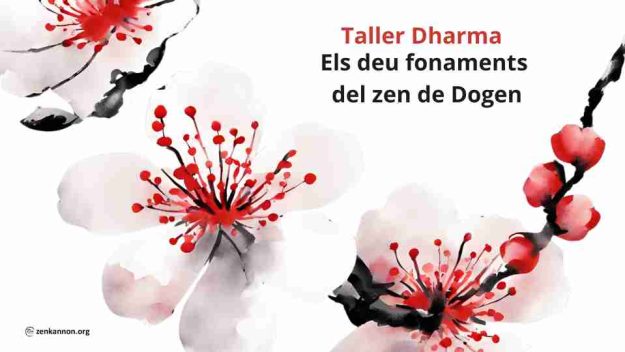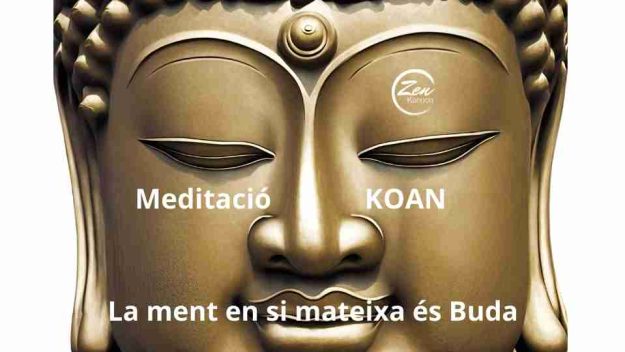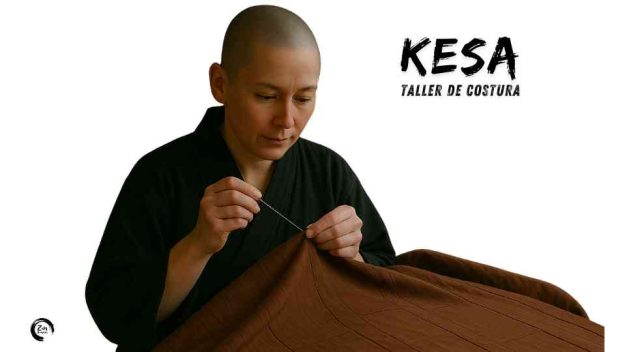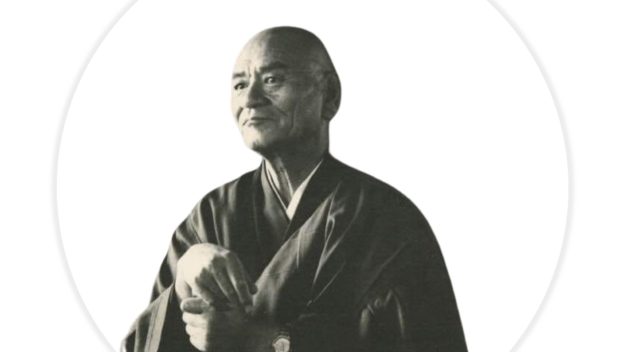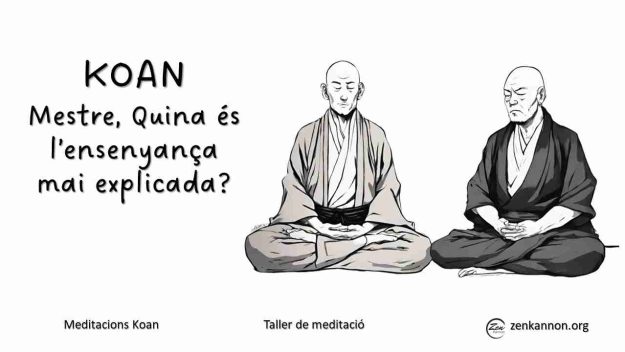Upcoming events and activities at the Zen Kannon Meditation Center in Barcelona: courses, retreats, in-person and online meditations, and Dharma workshops. Activities are announced in this category and can be booked directly by filling out the form in each event.
January Zen Meditation Retreat Participating in the January Zen meditation retreat at the Zen Kannon Center in Barcelona is a unique opportunity for both beginners and experienced practitioners. A space to reconnect with oneself The fast pace of urban life often disconnects us from ourselves. This retreat offers a calm and structured environment to pause,…
Zen meditation retreat in November A November retreat in the city is an intensive Zen meditation session. The practice takes place at the Zen Meditation Center Kannon in Barcelona. The city retreat also serves as an introduction for people who have never attended a retreat before. In the city retreat, one can participate partially and…
This Bright pearl koan is one of the many paradoxical stories or enigmas that form part of the Zen tradition. Koans are used in Zen practice to help practitioners transcend rational thought and access a deeper understanding of their true nature and reality. Origin and Meaning of the Bright Pearl Koan of Ikka This koan…
Summer Meditation – August The intensive summer meditation program begins. Those who feel motivated and available are welcome to join in for meditations, mindfulness practice, and guidance from Zen teacher Lluís Nansen. What is the Intensive Summer Meditation Practice Course? The intensive summer meditation course is a practice program held at the urban Zen Kannon…
Guen Mai Rice Soup Guen Mai is the rice soup consumed every morning after the first zazen. The preparation of this traditional dish from Zen monasteries is an excellent exercise in attention and concentration. After the morning meditation, we can have tea, and then get to work. Keep in mind that the total cooking time…
The Gakudō Yōjinshū, or Ten Foundations of Zen, is a work written by Eihei Dōgen, a 13th-century Japanese Zen master and founder of the Sōtō Zen school in Japan. This text is primarily addressed to monks and Zen practitioners and offers guidance on how to live a life of proper Zen practice. Foundations of Dōgen’s…
The Principle of “Mind Itself Is Buddha” The principle of “mind itself is Buddha” is well known in Zen, but many people have misunderstood it. They think, “if our mind here and now is Buddha, then our behavior must always be correct, and therefore we don’t need to make any effort to understand or realize…
Saturday there is a kesa sewing workshop. Sign up using the form. Origin of the Zen Kesa The origin of Zen kesa sewing dates back to the time of Buddha, Siddhartha Gautama. According to tradition, when Siddhartha attained enlightenment and became the Buddha, he began teaching his disciples. At that time, the disciples lived in…
Taisen Deshimaru was a Japanese Zen master, fundamental in bringing zazen the heart of Zen Buddhism to Europe. Born in 1914, he trained extensively in Japan before World War II. After the war, he resumed his training and was ordained as a Zen monk. The Arrival of Zen in Europe In the 1960s, Zen monk…
Koan on the Teaching Never Explained The teaching never explained is a Zen koan that conveys a teaching of the Buddha. In a moment close to his death, the Buddha confessed to his disciples that he had explained nothing. What is this teaching that he never explained? A koan is a Zen riddle that challenges…

